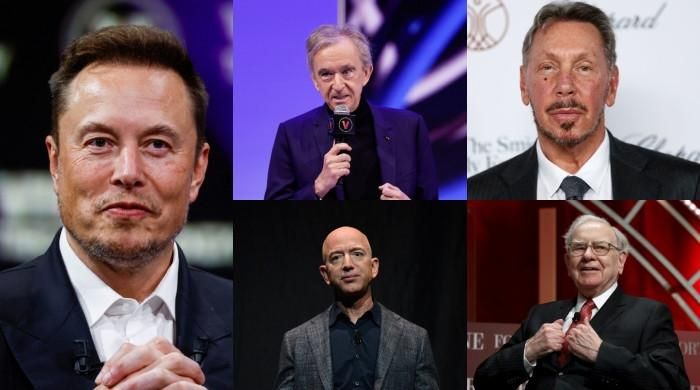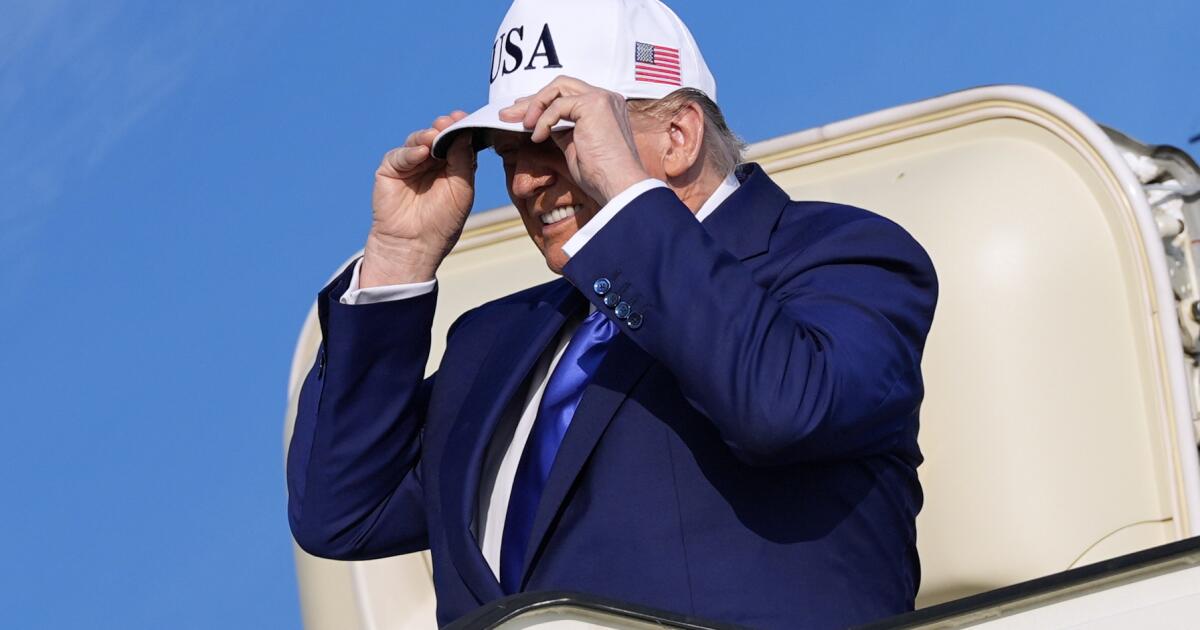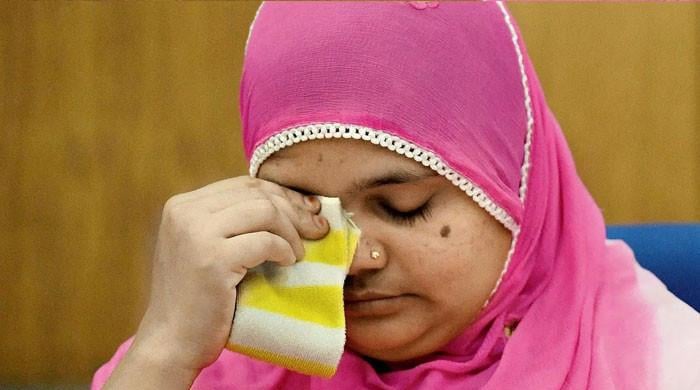7 in 10 of the world's largest public companies have a billionaire CEO or shareholder, Oxfam report finds
The five richest people in the world have more than doubled their wealth since 2020, while five billion people around the world have become poorer. cnn reported citing an Oxfam report.
According to Oxfam's annual inequality report, released just before the start of the World Economic Forum's annual meeting in Switzerland, the five richest men in the world: Tesla boss Elon Musk, French luxury magnate Bernard Arnault, Amazon founder Jeff Bezos and Oracle founder Larry Ellison. and American tycoon Warren Buffett, have increased their fortunes by 114% to reach $869 billion, growing three times faster than the inflation rate.
Over the same period, the total wealth of the poorest five billion people (representing 60% of the world's population) has decreased by 0.2% in real terms.
Furthermore, if current trends continue, the world will have its first billionaire within a decade, but poverty will not be eradicated for another 229 years.
Seven in 10 of the world's largest public companies have a billionaire CEO or a billionaire as a major shareholder.
The top 1% own 43% of the world's financial assets, according to Oxfam. In the United States, this 1% owns 32% of the financial wealth, in Asia, 50% and in the Middle East, 48%, while 47% in Europe.
The CEO of Tesla, SpaceX and several other companies, Elon Musk, multiplied his wealth by 737% since March 2020 to $245.5 billion at the end of November.
The chairman of French luxury goods giant LVMH, Bernard Arnault, and his family increased their net worth by 111% to $191.3 billion.
The founder of Amazon, Jeff Bezos, has a fortune of 167.4 billion dollars, 24% more; while Oracle founder Larry Ellison's wealth rose to $145.5 billion, an increase of 107%.
Berkshire Hathaway CEO and investor Warren Buffett increased his net worth by 48% to $119.2 billion.
According to the Oxfam report, “corporate power is used to drive inequality: squeezing workers and enriching wealthy shareholders, avoiding taxes and privatizing the state.”
He added: “Around the world, members of the private sector have pushed tirelessly for lower rates, more loopholes, less transparency and other measures aimed at allowing companies to contribute as little as possible to public coffers.”
Corporate taxes have fallen significantly in countries that are part of the Organization for Economic Cooperation and Development (OECD), from 48% in 1980 to 23.1% in 2022, Oxfam noted.












